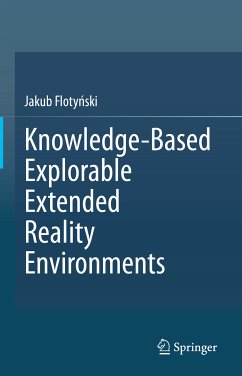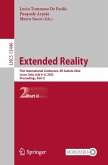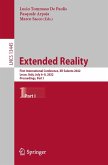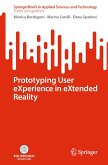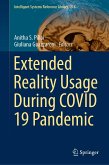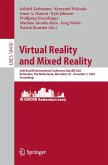The E-XR approach proposed in this book relies on two main pillars. The first is knowledge representation technologies, such as logic programming, description logics and the semantic web, which permit automated reasoning and queries. The second is imperative programming languages, which are a prevalent solution for building XR environments. Potential applications of E-XR are in a variety of domains, e.g., education, training, medicine, design, tourism, marketing, merchandising, engineering and entertainment.
The book's readers will understand the emerging domain of explorable XR environments with their possible applications. Special attention is given to an in-depth discussion of the field with taxonomy and classification of the available related solutions. Examples and design patterns of knowledge-based composition and exploration of XR behavior are provided, and an extensive evaluation and analysis of the proposed approach is included.
This book helps researchers in XR systems, 3D modeling tools and game engines as well as lecturers and students who search for clearly presented information supported by use cases. For XR and game programmers as well as graphic designers, the book is a valuable source of information and examples in XR development. Professional software and web developers may find the book interesting as the proposed ideas are illustrated by rich examples demonstrating design patterns and guidelines in object-oriented, procedural and declarative programming.
Dieser Download kann aus rechtlichen Gründen nur mit Rechnungsadresse in A, B, BG, CY, CZ, D, DK, EW, E, FIN, F, GR, HR, H, IRL, I, LT, L, LR, M, NL, PL, P, R, S, SLO, SK ausgeliefert werden.

